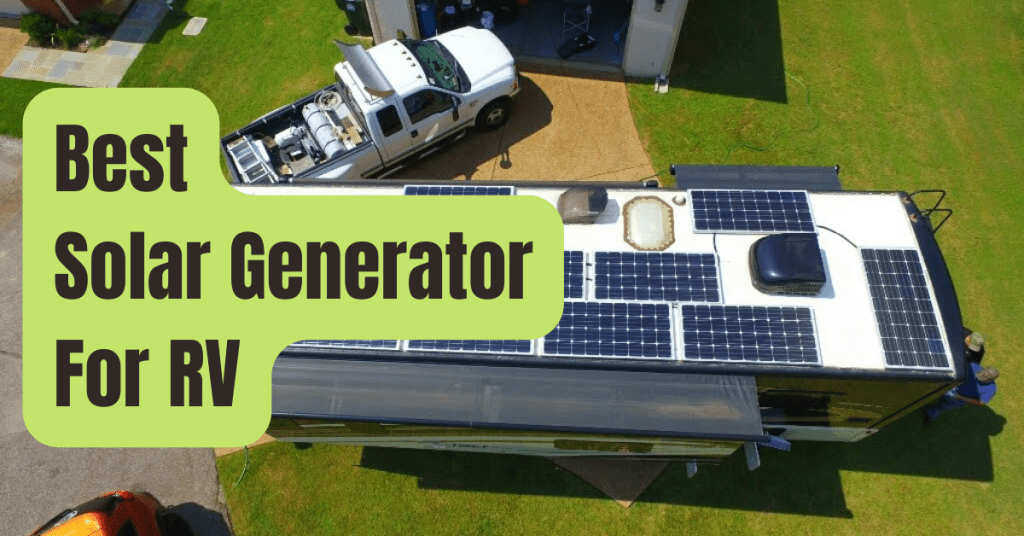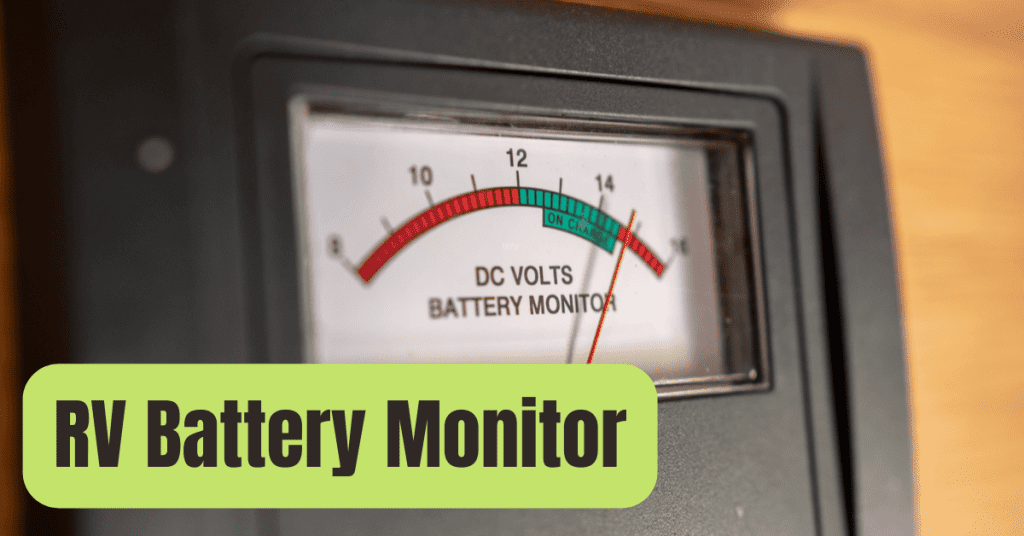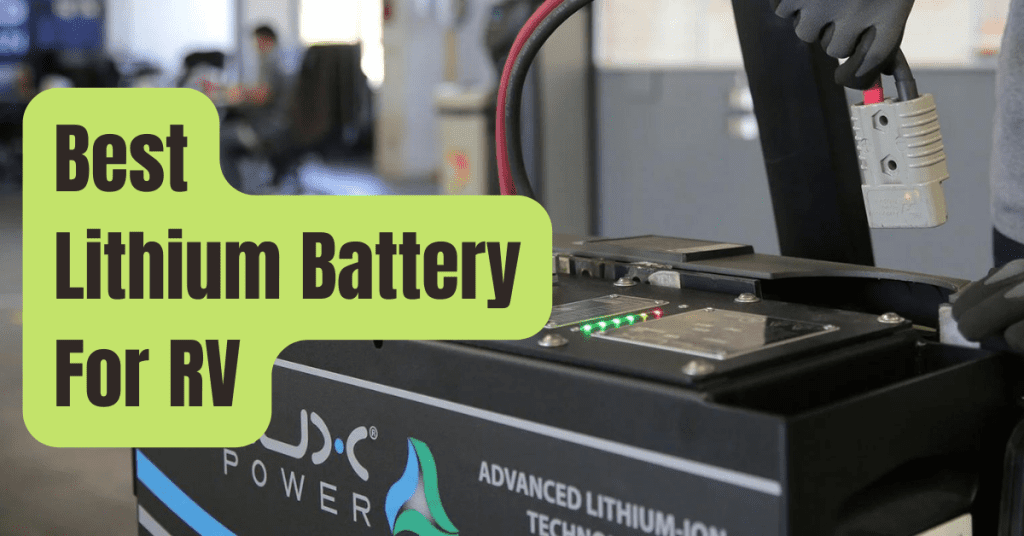The sun of the solar sector is only beginning to rise, and business is thriving.
In terms of new renewable energy capacity, solar power was the market leader in the developing sector in 2020.
Since at least 2010, solar has routinely been #1 or second in the U.S. for newly installed electricity capacity.
Solar installers are also one of the industries in the US with the greatest growth.
This article is for you if you’re wondering what it takes to start your own solar company.
Beginnings of a Solar Business Startup Guide
General contracting, roofing, metal fabrication, sales, repair and maintenance, consultancy, landscape design, and many more services are involved in solar installation in addition to just installing panels.
Find an untapped niche in your sector, make the most of your strengths, and distinguish yourself as the leading authority in that area.
#1. What You Should Know Before You Begin
Knowing your product well is just one aspect of being an expert.
It necessitates keeping an eye on the numerous discounts and incentives that are offered, which is a crucial differentiator for businesses trying to stand out from the competition.
The contracts go to the companies who do the research to save their clients’ time and money.
No matter whether your area of expertise is sales, installation, or both, it’s critical to master negotiating financial incentives, dealing with utilities, and understanding rules that may not always be obvious throughout the design phase.
Between the crevices of huge, saturated markets is where new solar companies should launch.
Consult your local SEIA chapters, chambers of business, and the internet to learn what the solar industry is up to in your region.
Perhaps you might focus on creating visually appealing solar and garden designs.
Maybe you need a finance and regulation ninja for your market.
It’s quite possible that you will discover a niche that no one else can fill, even if your industry is already oversaturated with conventional solar enterprises.
#2. Sun Sales
You don’t need need a team to install solar panels on rooftops to start a solar company.
There are several companies that concentrate on sales if that’s your thing.
These businesses handle all aspect of selling solar systems, including lead generation, lead qualification, in-person or online consultations, and contract negotiation.
These businesses then collaborate with a contractor who handles the remainder of the installation procedure once a consumer has agreed to participate.
#3. Solar Contractors
The market is often most saturated with solar installers.
Start with the fundamentals: roofing, if you’re unsure of how to launch a solar installation company.
Solar installation may be a fantastic addition to your roofing company.
With good cause, the solar and roofing sectors are beginning to merge.
Smart roofers are discovering the one-two punch of building a new roof and solar system at the same time since solar panels and roofs have almost the same lifetime (25 years).
There is a lot of overlap between the two industries, whether you work as a solar installer or a roofing contractor, and there are many of untapped market prospects for merging roofing and solar into your business strategy.
#4. Describe a PV System.
To better understand how you may earn money creating one, let’s take a short look at how a PV system works before moving on.
What Is the Process of a Solar Photovoltaic System?
The photovoltaic effect is the method through which solar panels transform the energy of photons (light particles) into electricity.
A photon’s energy pushes electrons out of a photovoltaic (PV) device when it strikes it.
An electric current is created as a result of the energized electrons starting to flow.
At a high level, there are three main processes in the operation of solar panels:
- Light from the sun is absorbed by solar cells in solar panels, which starts an electric current.
- DC power is transformed into AC electricity via an inverter.
- This power is utilized to meet the building’s current energy needs, and any extra that is not used by the client is exported to the grid.
At the cell level, the photovoltaic process takes place.
Multiple cells make up solar panels, and PV systems are made up of solar panels that have been strung together to provide the proper voltage for the system’s inverter.
After a PV system is built, a client has no barriers to accessing cost-free green energy.
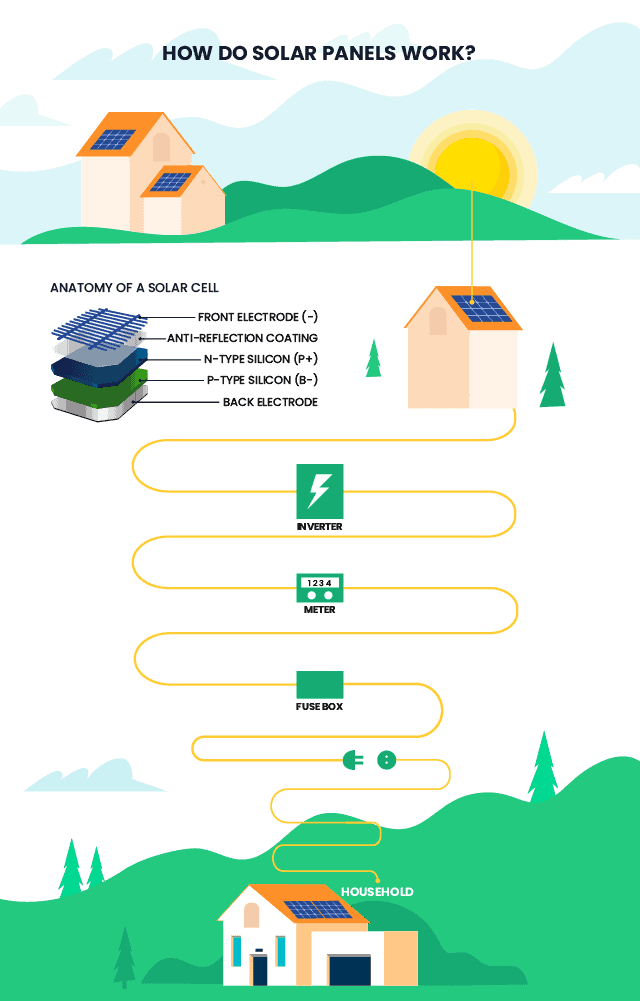
Licensing & Certifications for Solar Companies
Solar Permitting
Some states do need solar licensing, albeit not all do.
Remember that you will need licenses in every state you want to operate in if you intend to work outside of your home state.
You often need a plumbing or electrical license, or perhaps both, in jurisdictions where licenses are required.
A specialized solar contractor license is necessary in several jurisdictions.
Certifications for Solar
Earning a solar certification is an excellent idea even if you don’t need a license to operate in your region.
Solar certifications may help you stand out from the ordinary uncertified firm and increase client trust.
Obtaining a certification can also make it possible for you to work in many cities or states, which would boost your competitiveness.
The voluntary certificates offered by the North American Board of Certified Energy Practitioners (NABCEP) create national standards for PV experts and attest to their proficiency in their field.
A few of NABCEP’s certifications are:
- Professional in PV Installation (PVIP)
- Design Specialist for PV (PVDS)
- PV Technical Sales Expert (PVTS)
- Solar installer expert (PVIS)
- Specialist in PV Commissioning and Maintenance (PVCMS)
- PV systems (PVSI)
Create Your Solar Company
You’ve determined your specialty, located the necessary solar credentials, and are prepared to take the plunge.
Let’s go into the legal aspects of launching a solar company from scratch before moving on to other aspects.
Create an LLC
A limited liability company, or LLC, is a kind of corporation that is established under state law.
In addition to liability protection, flexibility in form, and tax advantages, LLCs provide several advantages.
They provide the same limited liability protection as corporations, but they are far less expensive and simpler to set up and manage.
The majority of states require you to establish an LLC name, choose members (which may or may not include just you), draft articles of formation and operating agreements, and get an EIN (employer identification number).
The next step is to get any seller’s licenses and permissions required by your state.
Commercial Insurance
Defending your private property against legal action is insufficient: For your solar company, you’ll need insurance.
Businesses need insurance to pay for expenses related to liability and property damage claims.
Without it, you could have to pay money out of your own pocket, which might be fatal for your company.
In order to reduce possible risks and obligations, the appropriate insurance coverage is crucial.
Every construction company must adhere to standard insurance regulations, but the solar sector has certain unique issues.
Your solar company insurance check list is as follows:
- General liability protection
- Compensation for workers
- Liability coverage for vehicles
- Additional liability insurance
Keep track of your stock, machinery, and assets, and get enough insurance to cover worst-case scenarios.
Before you even secure your first contract, do yourself a favor and purchase the appropriate insurance.
Setting Up A Solar Team
#1. Where To Look For Salesmen
The majority of solar enterprises rely heavily on their sales teams.
Regardless of your industry, there’s a good possibility that someone on your team earns at least some of their income by making cold calls and knocking on doors.
The following three factors should be taken into account while screening potential sales candidates:
- Knowledge of your specialty
- Zeal and perseverance
- Knowledge of the inquiries and worries that clients have about solar
You must instill a culture of customer satisfaction among all of your staff members, but especially among your salesmen.
They are often the ones in charge of your conversion process and the public face of your company.
Make sure they take care of it with top-notch customer service.
There are various choices for sales outsourcing if having an internal sales force is not practical.
Solar sales outsourcing for installers, consultants, and merchants is a popular business niche.
You may get the information you need by doing a brief online search.
#2. Building A Team Up
- Start out with nothing less than the finest straight away. Find NABCEP-certified team members (see above). Give your employees the time and tools they need to get certified if they aren’t already.
- Make sure your product is understood by your salesmen, installers, marketing staff, and others. Allocate enough time and resources for each member of your staff to research your goods and services.
- Not every member of your ideal team has to be a worker. Connect with solar professionals outside of your specialized area. If you persist, they will develop into priceless resources for advice and recommendations.
#3. Creating Compensation Plans
Most solar salesmen are compensated by commission.
Typically, commission payments are made as a portion of the overall contract price or as a reduction of the basic contract price.
Commissions offer a number of benefits and drawbacks.
On the one hand, they may inspire your teams to put forth extra effort.
On the other side, commissions could push your salesmen to sell more than a client requires, accept projects that are unaffordable, and raise project expenses over normal levels.
Avoid These Solar Sales Barriers with These Pro Tips
#1. Inappropriate Or Ineffective Designs
A solar system may be poorly or excessively engineered quite easily.
Your company will surely fail if its design is flawed or ineffective.
With merely an address and an energy bill, Aurora Solar’s powerful solar design software can create full technical designs and sales proposals, enabling you to consistently offer the finest ideas.
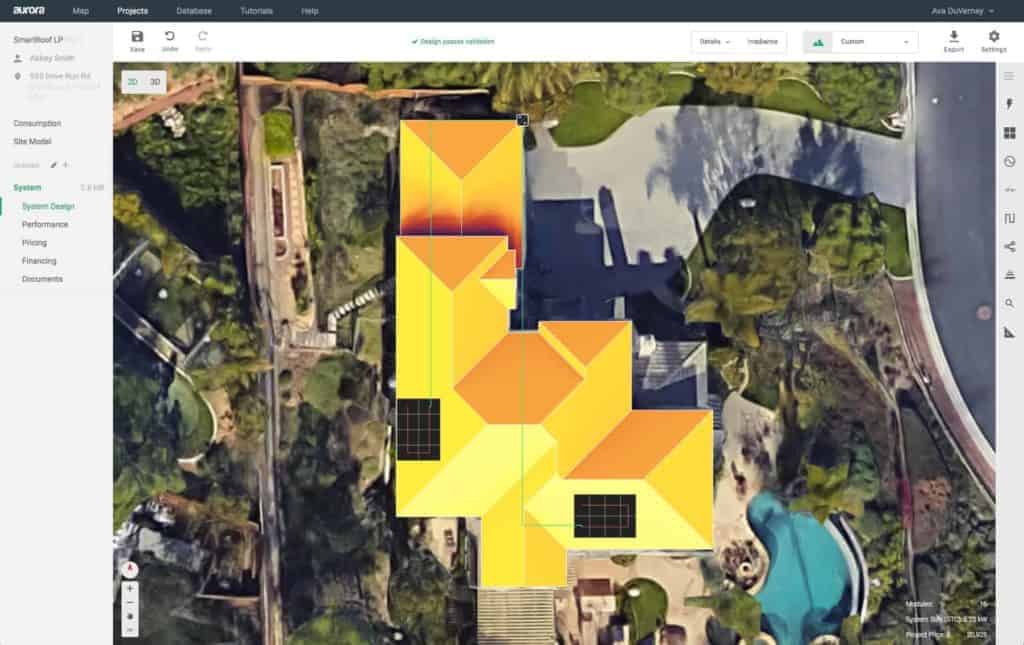
#2. Customer Quotes On Electricity
Customers sometimes hesitate to provide their utility bills.
Making this procedure as simple as possible for your consumers might be the difference between gaining a new client and losing one.
The majority of power users get a bill in the mail each month.
If not, they may probably get it via their utility’s website.
In any case, Aurora can predict year energy use based on a single month’s bill, accounting for the weather, HVAC, and more.
Get the kWh from your customer’s meter if the bill isn’t accessible.
Then, multiply the figure by 30 to obtain a ballpark estimate of how much energy was used, by dividing the kWh by the number of days that have passed since that billing cycle, which is typically every month.
Use this chance to remind your client that energy efficiency improvements to their house might result in significant savings.
Don’t forget to research your state’s net metering regulations as well.
For solar systems, the ability to resell extra electricity to the grid may be a major selling feature.
#3. Licensing Issues
You may need to start again if your designs are flawed.
Your proposals will be rejected if a solar design doesn’t follow state or municipal requirements.
Up to 30% of the overall cost of a solar project is spent on gathering and reporting permit-related project data, mostly as a result of regulatory obstacles and installation errors.
There are several characteristics in Aurora that might reduce possible delays in licensing and permits.
Any design produced using Aurora’s platform may be approved and is permit-ready.
We can avoid making a journey to the installation site since NREL has already verified our shading analysis, and we can send our shade data straight to numerous rebate authorities for incentive approval.
#4. Sun Leads
Through recommendations, more conversions will occur as a result of the professionalism, politeness, expertise, and service of your staff.
According to a Nielsen survey, 83 percent of consumers place the highest level of faith in recommendations from friends and family than any other kind of marketing, and recommendations only occur when clients are pleased.
If your salespeople are executing their duties well, they wind up becoming your marketing staff, saving you time cold-calling, boosting employee morale, and increasing conversions.
The relationship between customer service and referrals is proof positive of karma.
Conclusion
A solar company requires planning, funding, time, and leadership.
However, it can be worthwhile if it results in a fantastic job in a field that is expanding and has plenty of opportunity.


